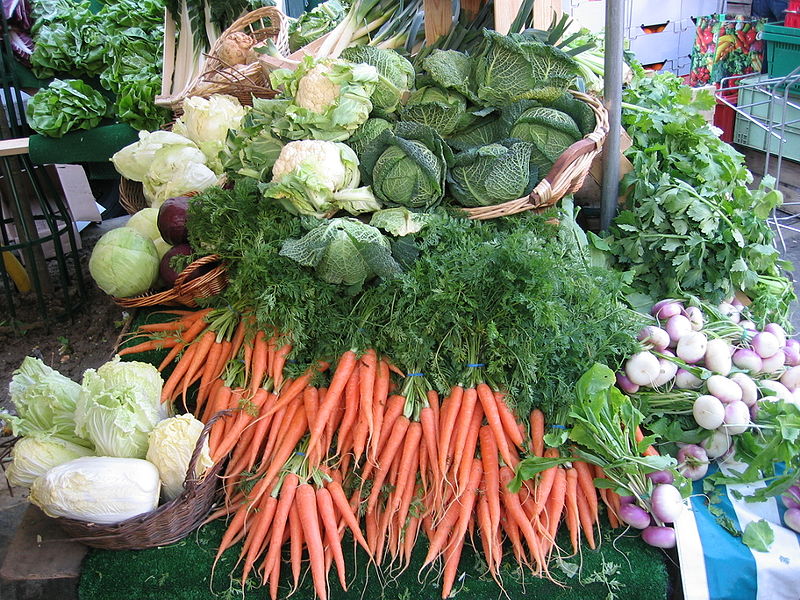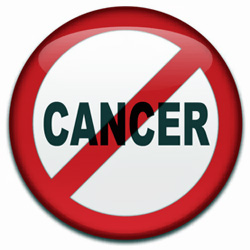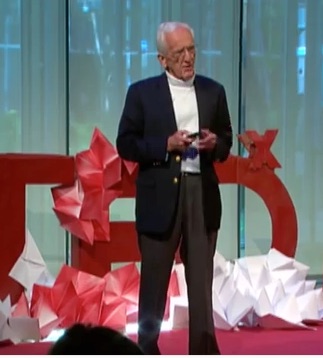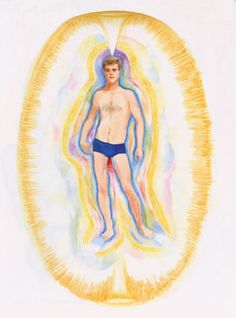
by plant4health | Jul 9, 2015 | Nutrition, Plant-based, Vegan, WFPB, Whole food, Whole food, plant-based
 The terms vegan and plant-based have been used interchangeably as a way to describe those that do not eat animal products. However, the two types of diets are very different.
The terms vegan and plant-based have been used interchangeably as a way to describe those that do not eat animal products. However, the two types of diets are very different.
Vegan: A vegan diet focuses on the exclusion of animal products (meat and dairy). Some vegans have strong feelings about animal rights and choose to eliminate all types of animal products from their lives, including clothing (wool, silk, leather) and personal hygiene (soaps, lotions, perfumes). They even avoid foods and other products that come from insects (honey, beeswax).
(more…)

by plant4health | Jul 2, 2015 | Nutrition, Plant-based, Recipes, Vegan, WFPB

View Patricia Joy Becker’s video talk on sea vegetables and seaweed.
Sea vegetables (also known as kelp and seaweed) are edible algae that can be eaten as is or used as an ingredient in recipes. The most common types to eat are alaria, arame, dulse, hijiki, kelp, kombu, nori, and wakame. They have been consumed by coastal people for thousands of years and for good reason. According to Dr. Gabriel Cousens in his book Conscious Eating, sea vegetables are packed with protein, vitamins and minerals. In fact, they are “higher in minerals and vitamins than any other class of food” and unlike land vegetables “have all the fifty six minerals and trace elements our bodies require.” In addition to vitamins A, B, C, and E, sea vegetables contain human-utliizable vitamin B12, which is challenging to get on a whole food, plant-based (WFPB) vegan diet. For example, one-half ounce of alaria contains 10 times more vitamin B12 than the recommended daily requirement. One-half ounce of kelp has 1-2 times the daily minimum requirement and nori has 2-3 times.
(more…)

by plant4health | Jun 25, 2015 | cancer, Nutrition, Plant-based, Vegan, WFPB, Whole food, Whole food, plant-based
 Food choices are very personal, making information that challenges the healthy nature of commonly enjoyed foods very controversial.
Food choices are very personal, making information that challenges the healthy nature of commonly enjoyed foods very controversial.
With the advancements in technology, new scientific discoveries are forcing us to question our fundamental beliefs about our diet and how it affects our health. If we hope to cure our society’s current health crisis, we need to pay attention to what science is telling us.
Fact: science has discovered a connection between consuming animal products and cancer.
(more…)
![How to heal yourself and resolve the health care crisis – Dr. T. Colin Campbell]()
by plant4health | Jun 18, 2015 | cancer, Healing, Nutrition, Plant-based, Vegan, WFPB, Whole food, plant-based
 It’s no secret that the United States has a health care crisis. In this TED Talk, Dr. T. Colin Campbell, Professor Emeritus at Cornell University and co-author of several nutrition books including The China Study and Whole, shares his view on how we can each heal ourselves and tackle the health crisis in our country.
It’s no secret that the United States has a health care crisis. In this TED Talk, Dr. T. Colin Campbell, Professor Emeritus at Cornell University and co-author of several nutrition books including The China Study and Whole, shares his view on how we can each heal ourselves and tackle the health crisis in our country.
View the video on YouTube.
Here are some key take-aways from his talk:
(more…)
![How to heal yourself and resolve the health care crisis – Dr. T. Colin Campbell]()
by plant4health | Jun 4, 2015 | Healing, Plant-based

Example of Human Energy Field from “Hands of Light” by Barbara Ann Brennan
Everything is energy.
This is a simple statement with profound implications. Everything in the universe is made up of atoms and molecules, contains information and vibrates at a certain frequency. But most of us go about our daily lives not really thinking about the fact they we are energetic beings with a human energy field (EF) surrounding us. After all, we feel solid. We have bones, muscles, organs, glands and blood flowing through our arteries and veins. But we are 100% energy – just like animals, plants, rocks, mountains, buildings, and books. Even your thoughts and emotions are a form of energy. Positive emotions like love and joy have a high vibration and negative emotions like fear, guilt, anger and self-doubt have a low vibration.
Why is this important to know?
Energy flows and attracts and is influenced by other energy. It is well documented that stress is linked to disease. We are bombarded each day with negative energy such as news stories about violence and war, pollution, stress at work, your own negative belief systems, addictions and even poor diet choices. If you are like most people, by the time you are in your early twenties (source: Caroline Cory), you have had years of programming your cells with thoughts like, “I am not wanted,” “I am responsible for my parents’ divorce,” “I don’t fit in,” “I’m confused about my life purpose,” and “I’m not good enough”. This negative energy gets registered in our bodies and damages the DNA in cells. Over time, it can lead to disease.
(more…)

 The terms vegan and plant-based have been used interchangeably as a way to describe those that do not eat animal products. However, the two types of diets are very different.
The terms vegan and plant-based have been used interchangeably as a way to describe those that do not eat animal products. However, the two types of diets are very different.



